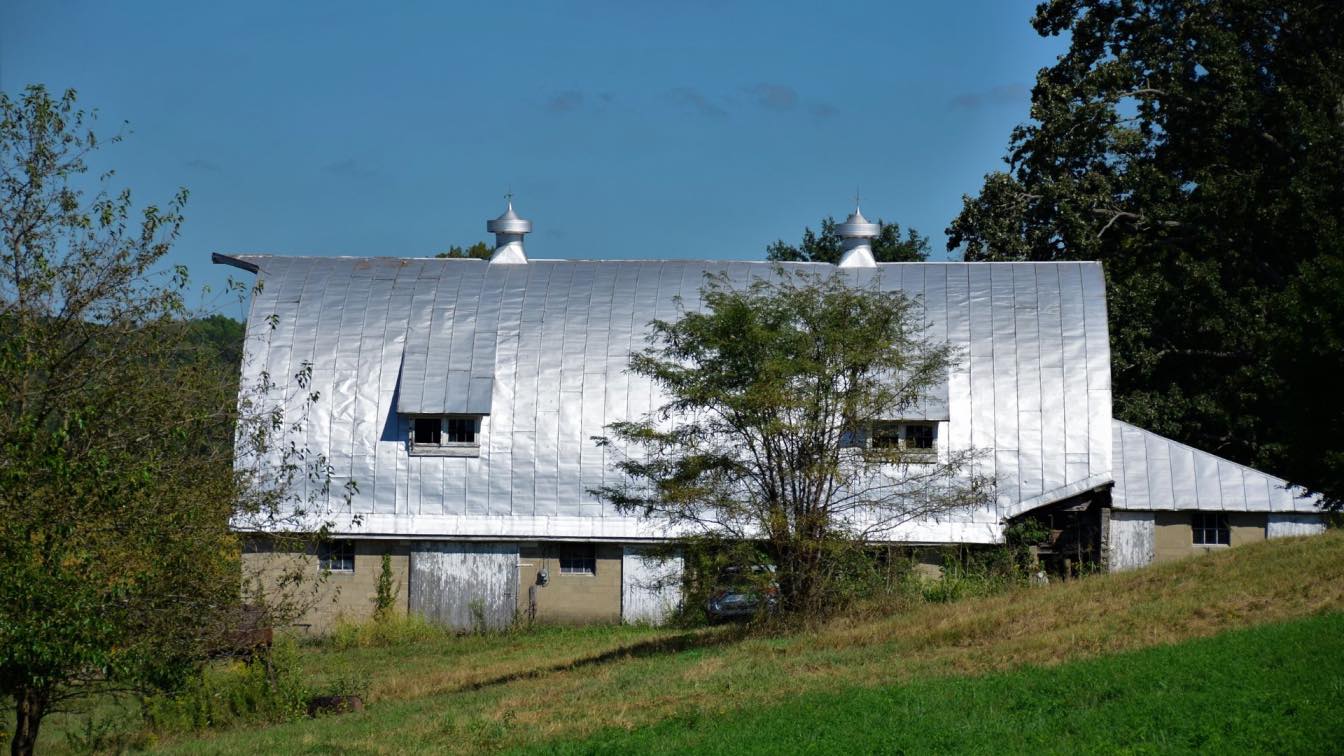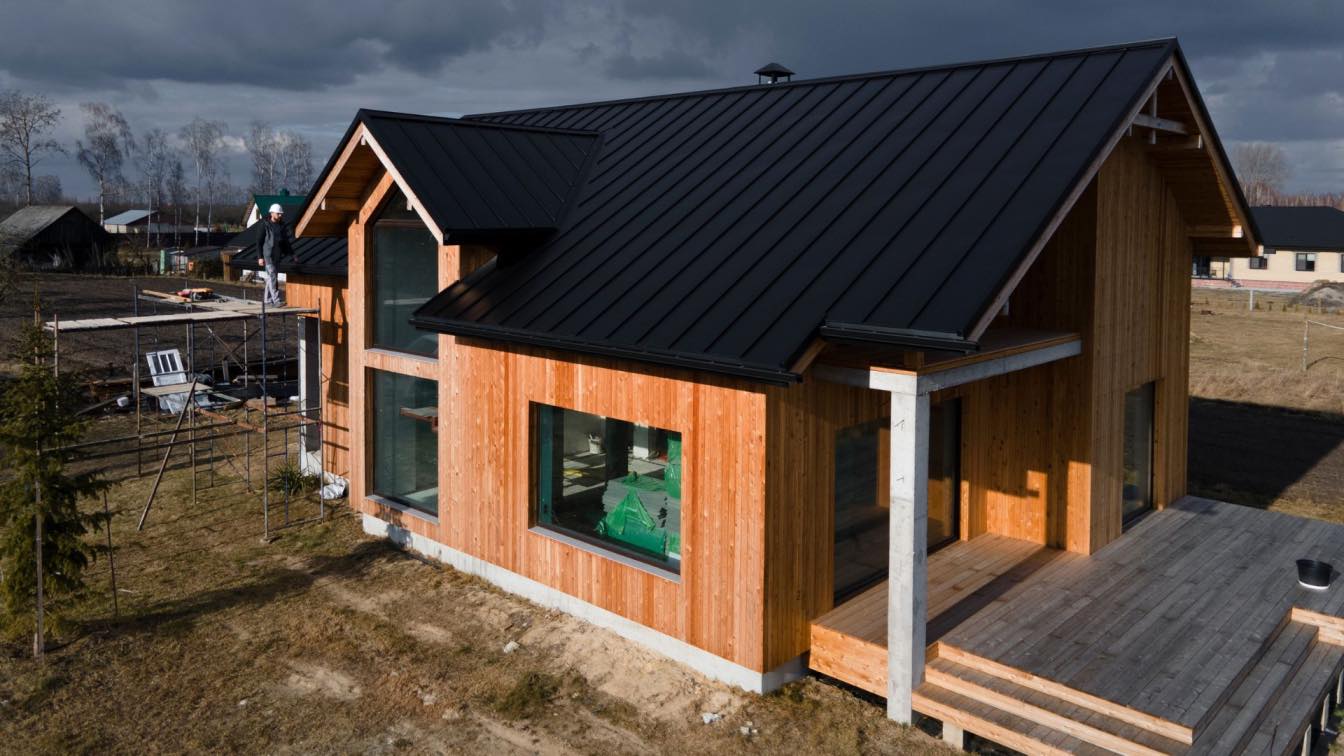Owning a swimming pool can be a source of joy and relaxation for you and your family, providing a refreshing escape from the summer heat and a place to gather for fun and exercise. However, maintaining a pool also comes with responsibilities, particularly when ensuring your investment's safety and longevity. From preventing accidents to preserving water quality, there are several crucial steps you can take to protect your swimming pool and enhance your overall enjoyment of it. In this comprehensive guide, we will explore practical tips and strategies for safeguarding your pool, covering everything from regular maintenance routines to implementing safety measures.
Regular Maintenance
Maintaining your swimming pool is essential for both its aesthetic appeal and its functionality. Regular cleaning and upkeep not only prolong the lifespan of your pool but also contribute to a safer and more enjoyable swimming experience for everyone. Start by skimming the surface of the water daily to remove leaves, insects, and other debris. This simple task prevents clogged filters and ensures that your pool remains clean and inviting.
Additionally, schedule weekly brushing and vacuuming sessions to eliminate dirt and algae buildup on the pool walls and floor. Pay special attention to areas with poor circulation or limited sunlight, as these are more prone to algae growth. Keeping the pool's water chemistry balanced is equally important. Test the water regularly using a pool testing kit and adjust the pH, chlorine, and alkalinity levels as needed to maintain optimal water quality.
Safety Measures
Safety should always be a top priority when it comes to owning a swimming pool, especially if you have children or pets. Installing a sturdy fence around the perimeter of your pool is one of the most effective ways to prevent accidents and unauthorized access. Make sure the fence is at least four feet high and features a self-closing, self-latching gate, such as pool safety gates, to keep young children from wandering into the pool area unsupervised. In addition to a fence, consider investing in a pool alarm that will alert you if someone enters the water unexpectedly. These alarms come in various forms, including motion sensors, surface wave detectors, and underwater alarms, providing an added layer of protection and peace of mind. Enrolling yourself and your family members in swimming lessons and CPR training is another crucial step in ensuring pool safety. Knowing how to swim and respond to emergencies can save lives in the event of an accident.
Winterizing Your Pool
As the swimming season comes to an end, it's essential to properly winterize your pool to protect it from freezing temperatures and harsh weather conditions. Start by thoroughly cleaning the pool and balancing the water chemistry to prevent algae growth and corrosion during the offseason. Next, lower the water level to below the skimmer and drain all of the pool's equipment, including pumps, filters, and heaters.
Remove and store any removable accessories, such as ladders, diving boards, and floats, in a dry and secure location. Finally, cover the pool with a durable winter cover to shield it from debris and sunlight. If you live in a region where temperatures regularly drop below freezing, consider using an antifreeze product to protect your pool's plumbing system from damage caused by ice expansion. Properly winterizing your pool not only preserves its structural integrity but also simplifies the reopening process when the weather warms up again.
Preventing Algae Growth
Algae growth is a common problem in swimming pools, resulting from a combination of sunlight, warm temperatures, and insufficient sanitation. While algae itself is not harmful, it can create slippery surfaces, cause water discoloration, and clog filters if left unchecked. Fortunately, there are several proactive measures you can take to prevent algae growth and maintain crystal-clear water.
First and foremost, ensure that your pool's water chemistry is properly balanced at all times. Algae thrive in water with high pH levels and low chlorine levels, so regularly test the water and adjust these parameters as needed. Additionally, shock your pool with a high dose of chlorine or algaecide every week to kill any algae spores that may be present.
Maintaining proper circulation and filtration is also essential for preventing algae growth. Run your pool pump and filter for an adequate amount of time each day to ensure that all of the water is properly circulated and filtered. Brushing the pool walls and floor regularly can also help prevent algae buildup by removing any organic matter that algae feed on. By following these proactive measures, you can keep algae at bay and enjoy a clean and clear swimming pool all season long.
In conclusion, protecting your swimming pool requires a combination of regular maintenance, safety measures, and proactive strategies to preserve its integrity and ensure a safe and enjoyable swimming experience for everyone. By following the practical tips outlined in this guide, you can safeguard your investment and create lasting memories with family and friends in your very own backyard oasis. Remember to stay vigilant, address any issues promptly, and prioritize safety above all else to make the most of your swimming pool for years to come.





